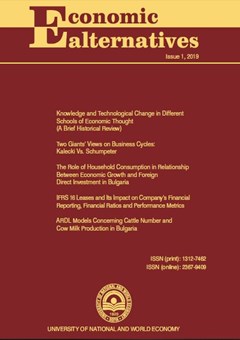Managing Multigenerational Organizations
Author: Ahmad Reza Akhavan Sarraf
Abstract
At the present stage of development, there are several generations in a workplace. Each generation has their own beliefs, behaviors and views about work, given the particular historical period and events they have experienced and gone through. This paper focuses on the theory of generational groups and its application in organization. For this purpose, the types of generational groups is discussed first. Next, attention is focused on managing generations in organization, considering their different characteristics and values. This paper makes an overview of the research evidence about the types of generational groups and their impact on work-related variables, including personality traits, work-related values, attitudes to work, leadership, teamwork, work-life balance, and job patterns. The strengths and weakness of the types of generational groups have been outlined. The results show that, despite the expanding body of available research in the field, it mostly offers descriptive characteristics and fails to address the theoretical foundations of the generation gap and the causes of generation-related differences. Some of the research carried out in other countries across the world on the grouping of generations has been examined. The results of this study show that the way of grouping differs and no generation-related international unit could possibly be identified.

